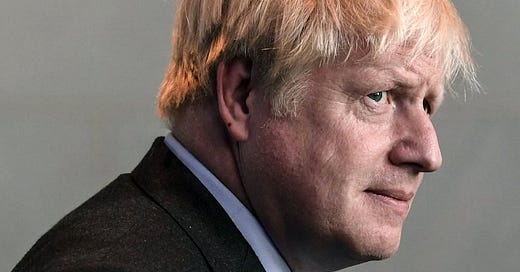Boris Johnson's "Populism" and "Nationalism"
Along with Farage, Johnson may be the world's strongest evidence that "populism" and "nationalism" are not at all what our self-appointed elites claim they are.
by Rod D. Martin
December 28, 2019
A friend of mine suggested that there is much to be feared in Boris Johnson's "populism" and "nationalism", a slippery slope perhaps that could lead Britain (and the United States) into dark places.
So let me briefly discuss populism and nationalism, and introduce my conservative American friends, or at least those who might be concerned about such things, to Boris Johnson.
First, most people assume "populism" to have ideological content. That is the common view, but it has been my experience that it's wrong (though widely believed, because the elites always hate it and demonize it). Populism is merely anti-elitism, and takes many, frequently different, ideological forms. It is far more stylistic than substantive, though also highly egalitarian (albeit not in the theological sense).
Likewise, nationalism is simply the belief that one group of people should not be ruled by a different group of people. Nationalism is the destroyer of empires (including Bri…




